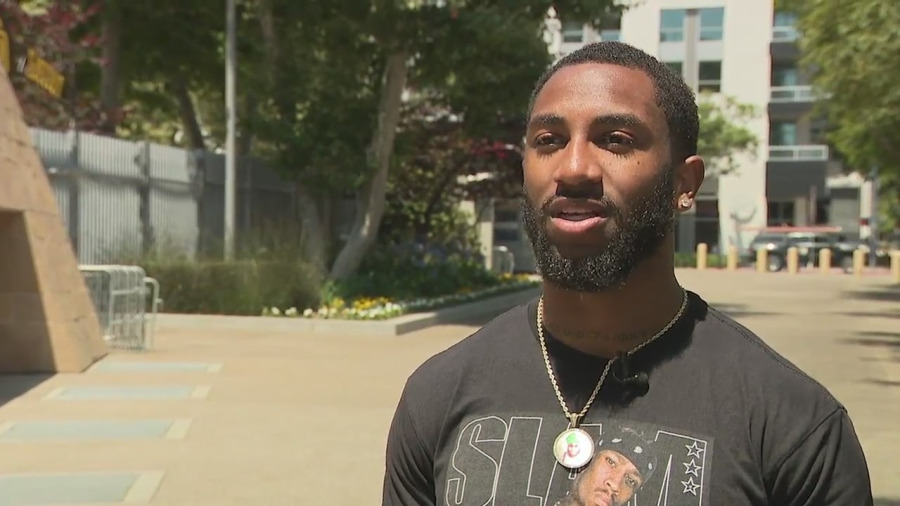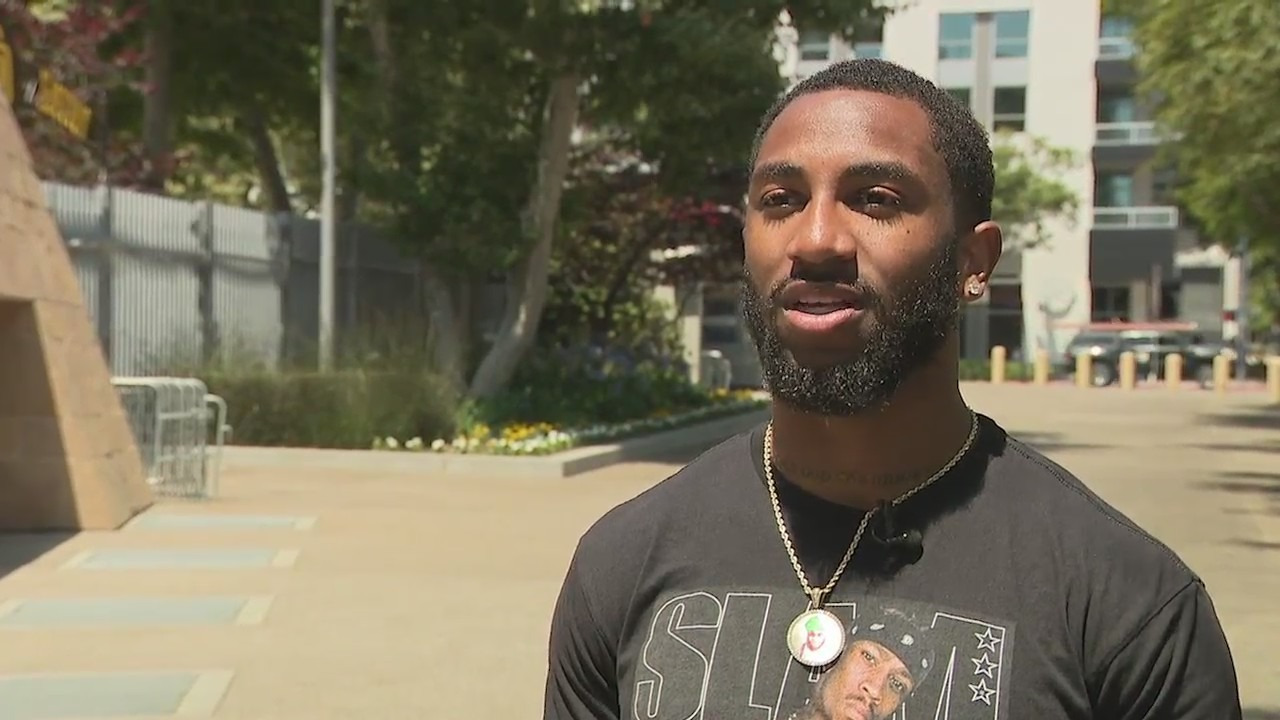
SAN DIEGO – The recent NCAA ruling to allow athletes to profit off their name has opened up a new frontier in college athletics, and some local sports figures already are cashing in.
“It’s going to help the athletes a lot, getting their name out there and being able to monetize that name,” San Diego State senior running back Greg Bell said.
Under the new rules, some 460,000 college athletes are able to pursue compensation for their name, image and likeness without jeopardizing their eligibility. It represents a seismic shift for the NCAA, which previously prohibited such agreements and imposed varying levels of punishment for schools and players — including against former USC and Helix High School running back Reggie Bush, among many others — for accepting so-called “improper benefits” as student-athletes.
Now for the first time, these athletes are able to profit off their time and talents with few restrictions, representing a new opportunity for many involved, SDSU Athletic Director John David Wicker said.
“Not all athletes are on a full scholarship,” Wicker said. “Some might be on a partial due, so they might have to use money from Mom and Dad, get loans, so they are going to have an opportunity to offset some of those expenses.”
One of those opportunities could come through San Diego-based Meetlete, a company which allows fans to pay for virtual one-on-one video calls with their favorite sports starts. Their list includes Major League Baseball Hall of Famer John Smoltz, longtime sportscaster Joe Buck and now Bell.
Similar deals have been presented to athletes on the personalized video service Cameo and on various social media sites like Twitter and Instagram.
“We’ve had so many athletes already reach out and want to learn about Meetlete to be able to monetize and meet their fans,” said Rob Connley, CEO and co-founder of Meetlete, “and really be able to see the joy they create when one of their fans get a chance to have a conversation with them.”
Old Town’s Cafe Coyote also signed Bell to a deal. After more than 30 years in business, they’re enjoying the social media publicity surrounding it.
“I think the influencer space, especially with college athletes – it’s new and we’re really excited to test the waters and see what can come of it,” said Kylie Murphy, the restaurant’s social media and public relations manager.
The new NCAA rules don’t specifically require athletes to report deals to schools, but it is likely that some schools will create policies that would require some form of disclosure.
“Social media influencing really didn’t exist five to seven years ago,” Wicker said. “So the use of NIL is really something that’s only blown up in the last five to seven years. I’m happy we’re moving in that direction and addressing the needs of student-athletes.”

